During a job interview, it’s easy to ask someone about their skills and qualifications, but we know it can feel a lot trickier to assess whether they’re a suitable cultural fit too.
But, this is not a step to skip. Workplace culture is extremely important to success in the workplace – in fact, people in companies with a positive work culture are happier, healthier and less likely to leave (Harvard). Getting it right can yield dividends for the business.
So how do you ascertain something as complex as someone’s cultural fit in such a short conversation as a job interview? That’s where you would turn to ‘behavioural interview questions’. Here’s what you need to know about using them.
Learn more: The four C’s of happy workplaces
So … what are behavioural interview questions?
Behavioural interview questions assess how a candidate behaved in their previous roles, and queries them on why they took certain actions. It also sheds a little light on their personal thought processes, so you can learn how they think under pressure or how they aspire to in the future.
Basically, these questions give you insight into how someone is likely to perform tasks, tackle challenges and interact with their team in a future professional situation – the theory being, if they’ve done it before, they’ll either do it again, or they won’t (because they learned not to).
The goal here is to assess whether or not a candidate will fit into your team dynamic, regardless of their hard skills. To ensure high performance and smooth operations, your people must know how to work well together. Even better if they actually genuinely like each other.
Example
- Not a behavioural question: Tell me about your skills and qualifications in this area.
- Behavioural question: Tell me about when you had to deliver feedback to a colleague.
Notice how one quizzes hard facts from their CV, and the other asks a candidate to speak to their past actions?
We have many more behavioural question examples at the bottom of this article.
Things to avoid when assessing culture fit through behavioural questions
The purpose of this exercise is to identify if a candidate will blend into your company culture – if they’ll ‘fit in’. To achieve that goal, it’s not just about what you ask, but what you don’t ask.
Remember that this interview shouldn’t just be a live re-hash of their CV. It’s an opportunity to get to know each candidate, go beyond the paperwork and dig deeper into who they are and how they operate.
Consider keeping these job interview mistakes in mind the next time you speak with a candidate:
1) Focusing only on their hard skills
Try not to focus on someone’s experience, skills and qualifications, or their history in the industry. These things only determine if a candidate can do the job you’re hiring for, not if they can do it for you!
You’ll need to think also about their personal values, temperament and how they act under pressure, which is where our behavioural questions below come into play.
2) Falling prey to unconscious bias
One problem with interviewing candidates for any team is unconscious bias – most people tend to gravitate towards candidates with a similar background to theirs, or others already on the team. It’s perfectly natural, and a little tricky to avoid. But this approach means that only the same ideas and viewpoints reach your workplace, which in turn can lead to a lack of new innovation.
The right candidate may have a different background to your other team members while still holding the right personal beliefs and attitudes to succeed in your organisation. It’s always worth reminding yourself of this when assessing your candidate shortlist.
3) Asking questions irrelevant to your company
Looking back on your past job interviews, how often do you think you’ve asked questions like ‘What are your greatest strengths?’ or ‘Tell me about yourself’?
These questions are interesting, but a tad generic. They typically lead to people reiterating what’s already on their CV, so you learn very little new information about the candidate – they’re not well-tailored to the specific needs of your organisation.
Here’s a question to keep in mind that might help you shift your mindset:
- If three candidates were totally identical in their skills, qualifications and work history, what other details would make them stand out to you?
Learn more: How to Check References: A Comprehensive Guide for Employers
8 example behavioural interview questions
1) Tell me about when you had to deliver feedback to a colleague.
This question tests a candidate’s communication skills and their emotional intelligence when dealing with people’s feelings.
2) Share an experience where you had to delegate tasks within a team.
Using this question, you can assess how someone weighs priorities and assigns workload. Candidates should be able to give context on the strengths and limitations of their colleagues at the time and why they made certain decisions.
3) Describe the environment in which you work best.
Here you can assess the values and processes that a candidate is looking for in a workplace. You can also see what factors they think will drive their highest level of performance.
To follow up, you might ask what their preferred work arrangements are – at home, in the office or a blend (and why!).
4) Share an experience where you had to resolve a conflict or disagreement.
This lets you see if the person displays self-awareness and empathy in conflict, plus their approach to conflict resolution – critical in keeping the peace in your office.
5) Can you describe a previous challenge that you’ve had to overcome, and how you managed it?
Here you will hear about their problem-solving skills, but also what they consider a ‘challenge’.
As a follow-up, ask what they learned from the experience to probe their ability to self-improve.
6) Which of your personality traits are you most proud of?
This is the values-alignment test – do they value the same things you do?
7) If you could start your own business tomorrow, what would it be?
Now for a slightly fun one: This question calls to attention both their hard skills and professional goals. What do they view as their strengths? What do they think makes a ‘good’ business? Do they understand customers? It all tells you a little something about their professional opinions.
8) What does a great company culture look like to you?
Asking this more direct question focuses the conversation specifically on culture. Listen to their answer – they’ll let you know exactly whether they feel your own cultural values fit with theirs.
Need help building a high-performing team? We’ve been one of Christchurch’s most trusted recruiters for over 35 years – learn more about how we find great culture fits for our clients, or contact us directly to talk about your business.


